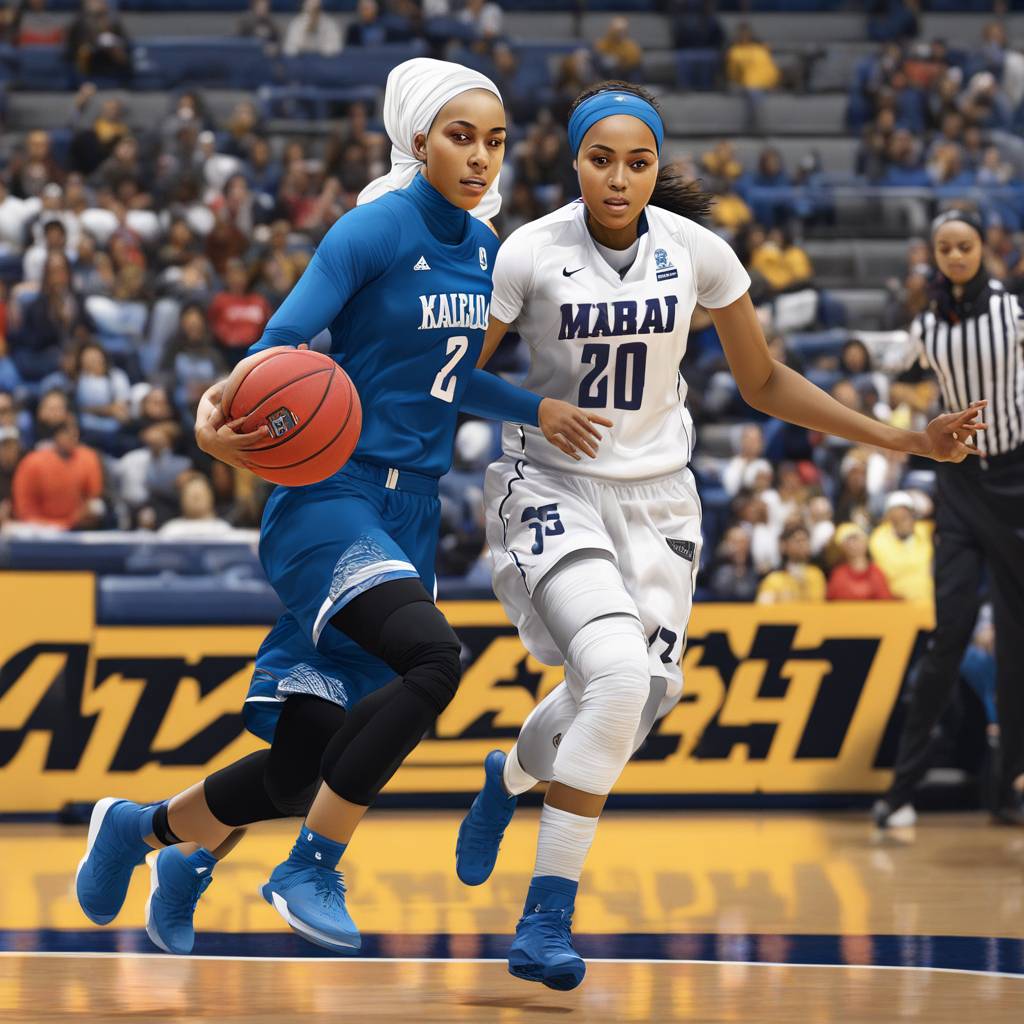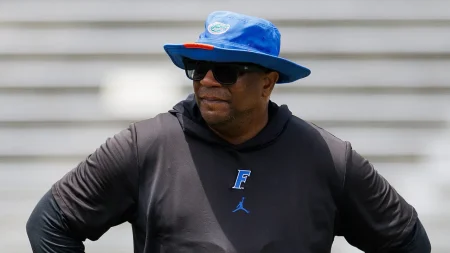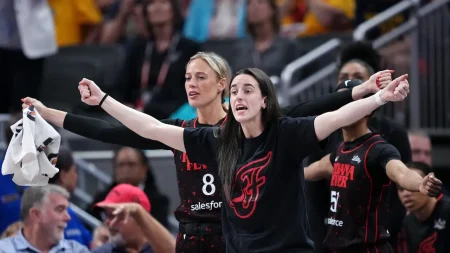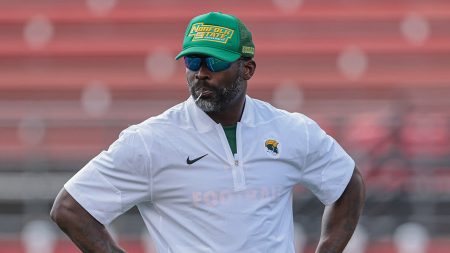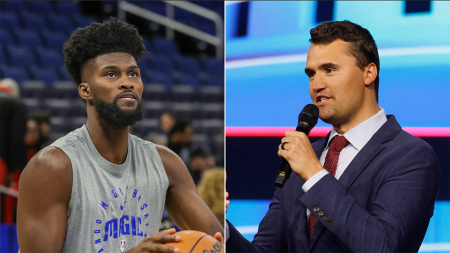N.C. State’s Jannah Eissa and UC Irvine’s Diaba Konate are making waves in the NCAA Tournament for wearing hijabs while playing basketball, attracting attention due to increased viewership and attendance. Eissa, in particular, finds motivation in inspiring young fans and representing Muslim women positively through her basketball career. While not the first to wear hijabs in NCAA Tournament play, their visibility is significant in promoting representation and diversity in the sport.
Both Eissa and Konate recognize the importance of representation, with Konate citing Bilqis Abdul-Qaadir as an inspiration for breaking barriers in college basketball a decade ago. Abdul-Qaadir’s efforts led to the overturning of FIBA’s ban on headgear in 2017, paving the way for athletes like Eissa and Konate to proudly display their faith on the court. Former UConn player Batouly Camara, who also wore a hijab while playing in Spain’s LF1 league, commends Eissa and Konate for their strength and courage in competing at the highest level.
Konate, originally from France, hopes for a chance to play basketball in a hijab in her home country despite the French Federation of Basketball’s current regulations prohibiting religious symbols. The desire to represent her culture and identity on the basketball court motivates Konate to push for change and acceptance in sports. Both Eissa and Konate, although they have not met, are aware of each other’s presence and the impact they are making as Muslim athletes in the NCAA Tournament.
Eissa, who joined N.C. State’s team as a walk-on, was surprised and humbled by the support she received from young Muslim girls who attended her games. The opportunity to be a role model for others, especially those who share her background and wear hijabs, inspires Eissa to push herself to succeed and make a positive impact on her community. Despite facing challenges and limited playing time, Eissa remains focused on representing women in hijabs and breaking stereotypes in sports.
Konate’s experiences playing for UC Irvine and her determination to challenge restrictions on religious expression in basketball demonstrate a commitment to advocating for diversity in sports. Both Eissa and Konate embody resilience and perseverance as they navigate their basketball careers while proudly wearing hijabs. Their presence in the NCAA Tournament signifies a step towards greater inclusivity and representation for Muslim women athletes, sending a powerful message of empowerment to girls worldwide.




